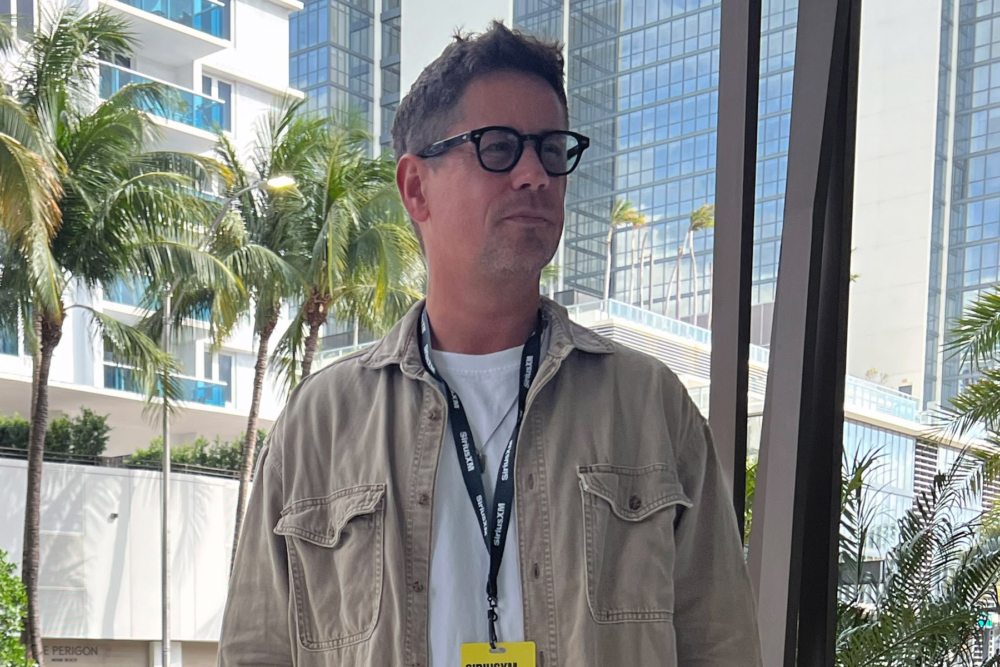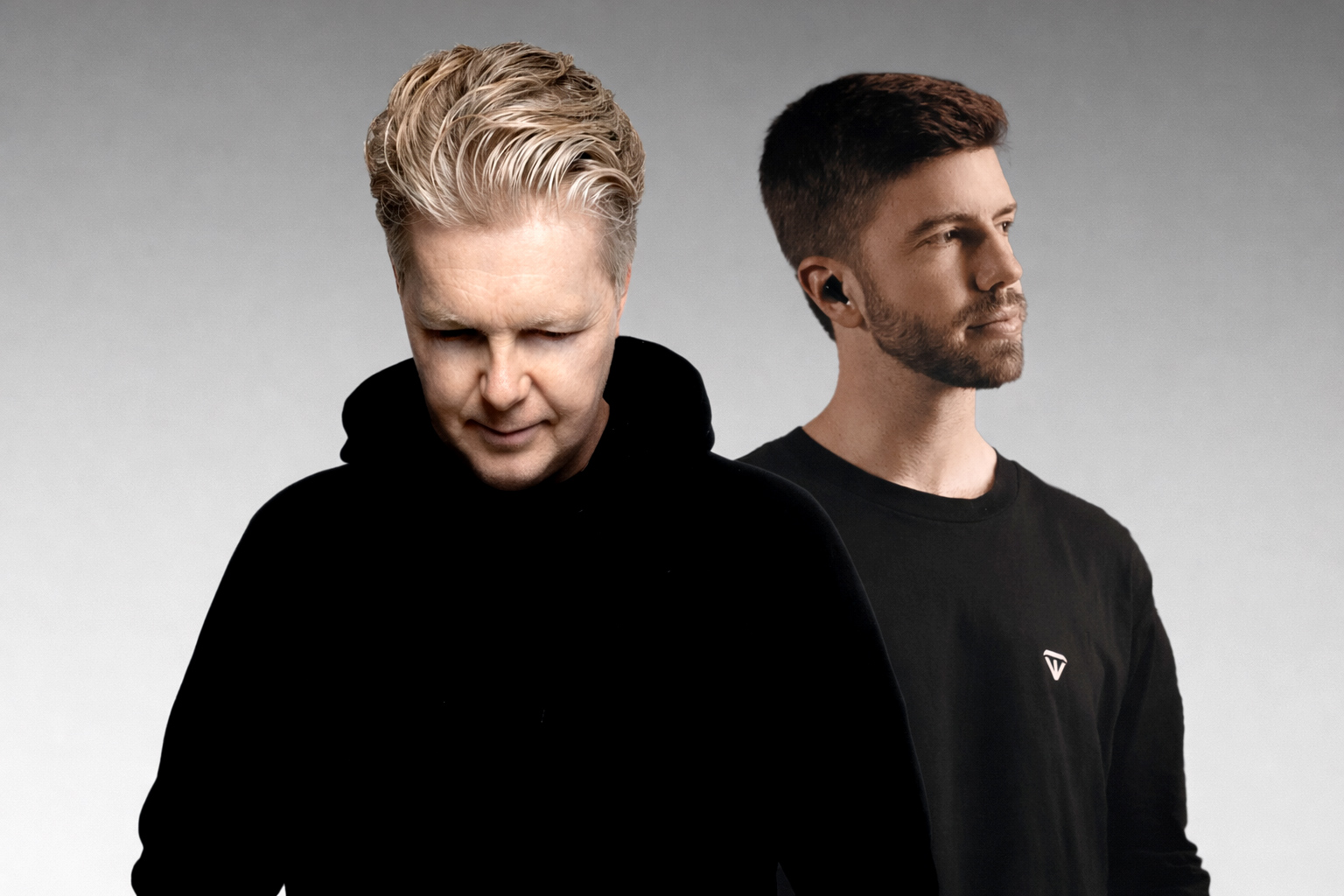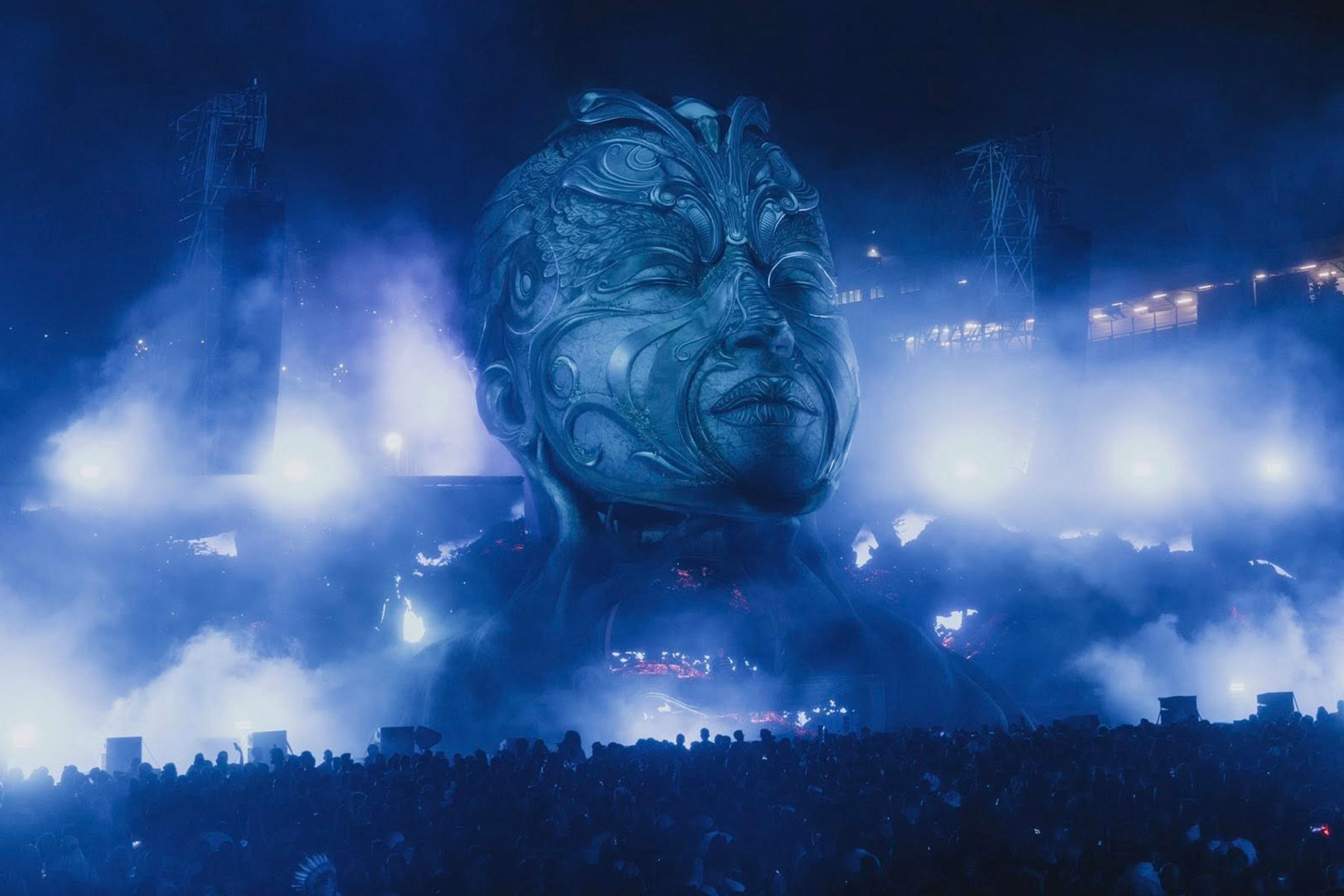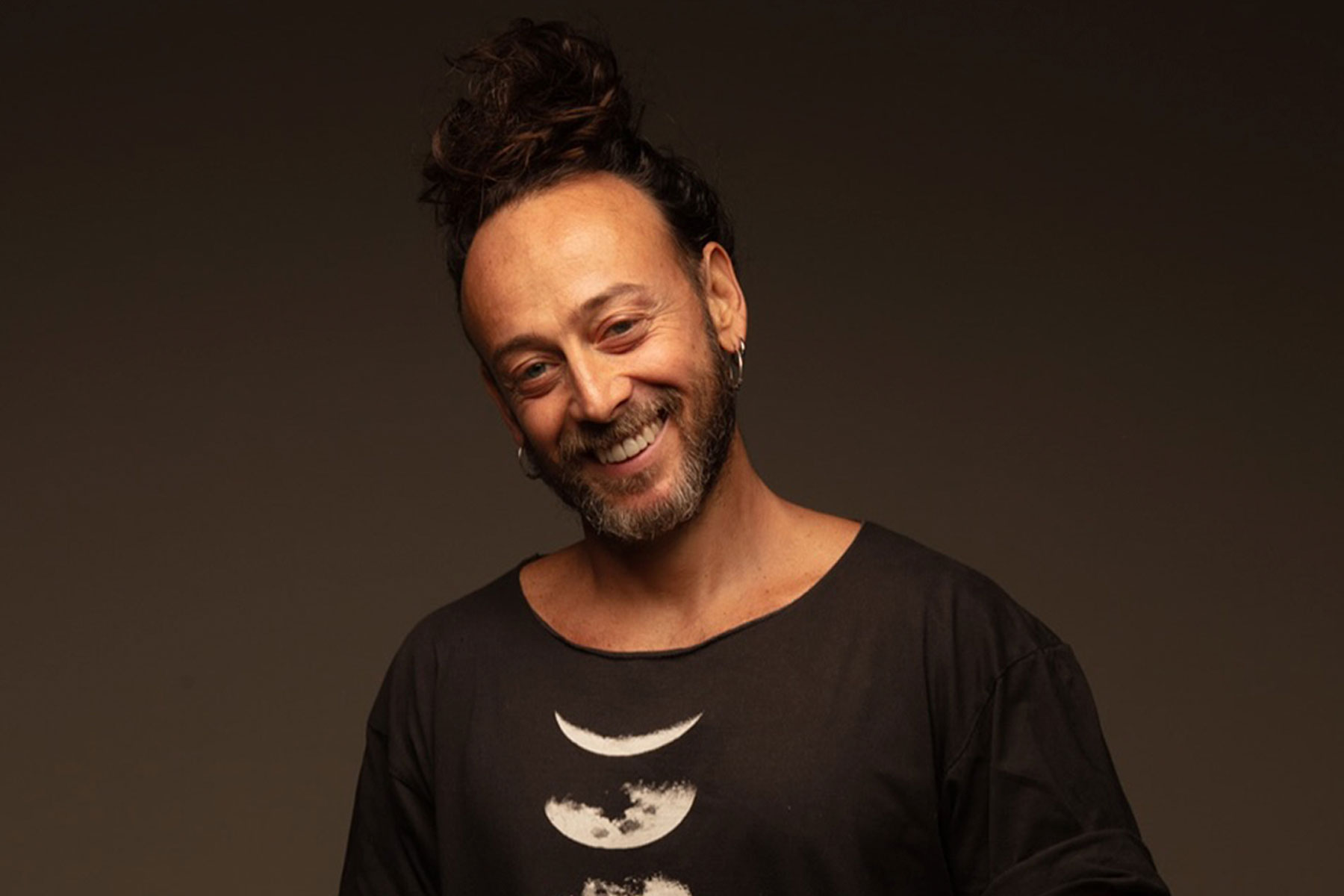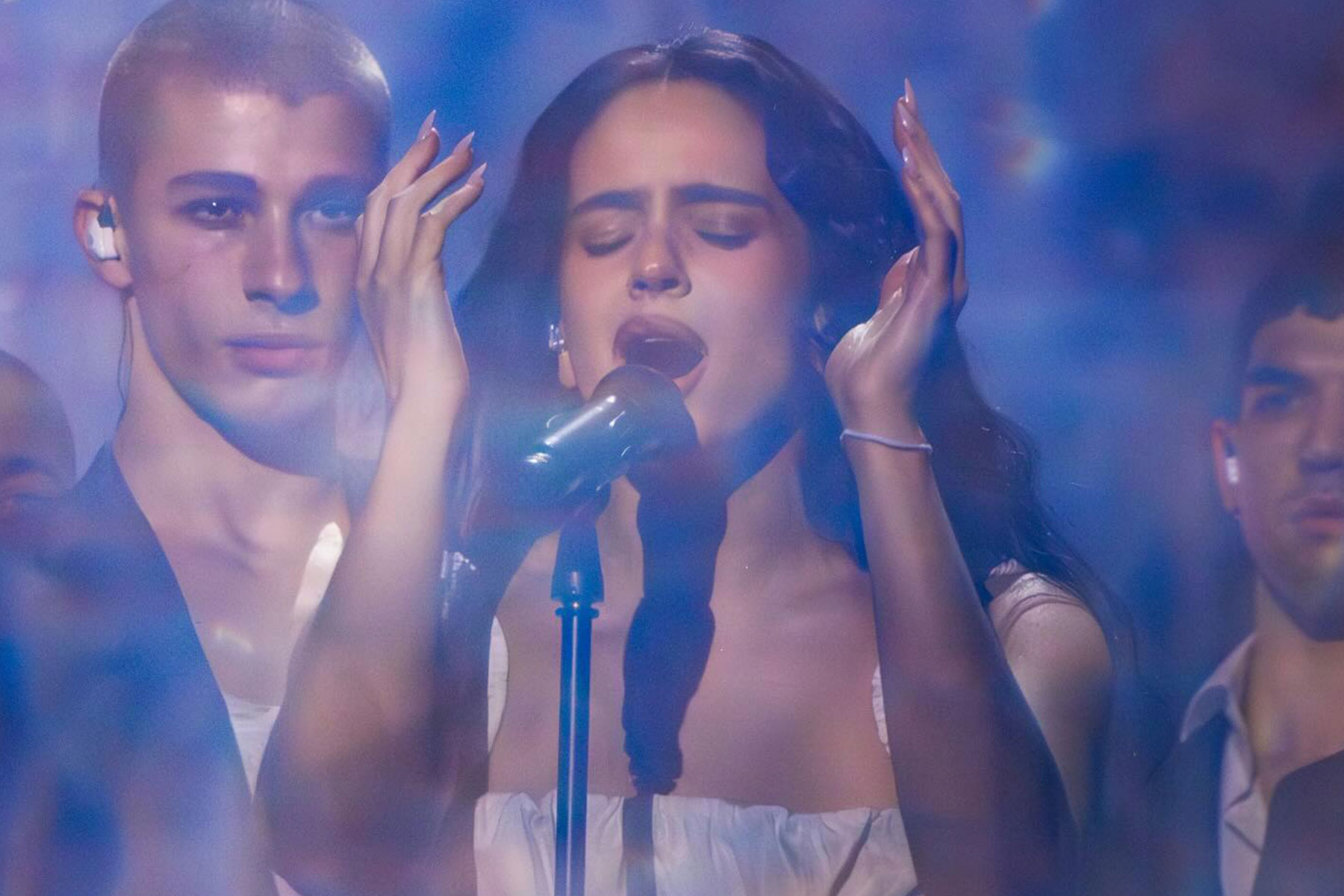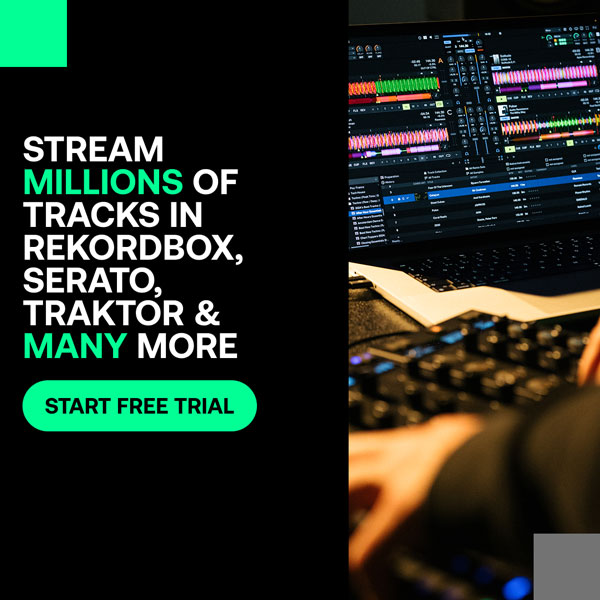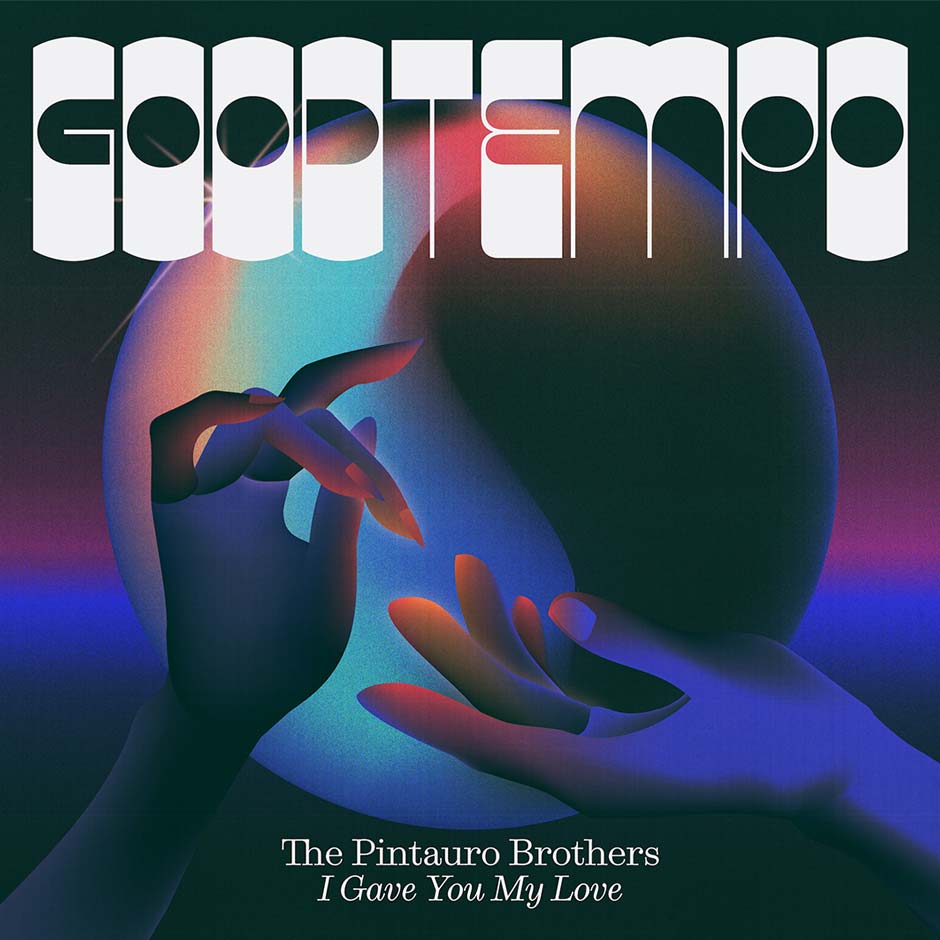In a world where virality often overshadows vision, Carsten Levi stands as a quiet architect behind some of electronic music’s most enduring careers.
Photo credit: Carsten Levi – Official
As co-head of Effect Talent Management alongside Oliver Barduhn, Levi represents a carefully chosen roster of international artists whose work bridges club culture, cinematic storytelling, and emotional depth. From the iconic Danish trio WhoMadeWho to rising acts like Notre Dame and celebrated producers like Echonomist, he brings a deliberate, holistic approach, balancing business savvy with creative insight.
With a worldwide busy schedule, Levi shares insights on building sustainable careers, staying intentional in an oversaturated market, and how artist management must evolve to meet the demands of the next decade. His perspective is not only shaped by years of experience across label management, publishing, and brand strategy, but by a commitment to helping artists tell stories that last.
In this conversation, Carsten Levi opens up about defining success beyond the algorithm, fostering timeless artistry, and the irreplaceable role of trust, taste, and narrative in modern music.
EG: Hi, Carsten! Welcome to EG. It’s a pleasure to have you here with us. How have you been? Where are you right now?
Carsten Levi: Thanks for having me — really glad to be here. I’m currently in Miami, just coming off the back of Miami Music Week. It was a productive few days — not just the shows, which are always impressive, but the conversations and meetings that happen around them. These kinds of industry moments are valuable not just for visibility but for shaping what’s coming next.
EG: So, let’s dive right into it. Can you share with our readers what your role is in the music industry?
Carsten Levi: At Effect Talent Management, we represent a carefully curated roster of electronic music artists who each bring a distinct voice to the scene. My role covers everything from creative direction and long-term strategy to the more operational side — negotiating contracts, overseeing touring logistics, and managing day-to-day administration. It’s a mix of vision and detail — and both are equally important when you’re helping artists build sustainable international careers.
I manage several of these acts in close partnership with Oliver Barduhn, including WhoMadeWho — the Danish trio known for their innovative blend of live instrumentation and electronic music — as well as Notre Dame, a French artist whose cinematic, atmospheric productions are gaining serious traction. Together, Oliver and I also collaborate on additional projects across the roster, combining our strengths to provide tailored support depending on each artist’s needs.
Beyond that, I work with Echonomist, one of the most respected producers to come out of Greece in recent years, whose work spans labels like Innervisions, Exit Strategy, and Afterlife, and among others we also work with long-established German acts like Monkey Safari and Adana Twins, who continue to evolve while staying true to their musical identities.
At Effect, our approach is thoughtful and intentional. We’re not just looking to amplify what’s trending — we’re focused on helping artists build careers that are creatively fulfilling and globally relevant over the long haul.
“We look for originality, emotional resonance, personality, and a certain sense of timelessness”
EG: How was it that you became an artist manager? What does the role entail and what’s your approach to it like?
Carsten Levi: It was a natural progression. Over the past two decades, I’ve worked across pretty much every facet of the industry: label management, publishing, marketing, business development — both on the creative and commercial sides. At a certain point, I realized that artist management was the space where all those skills could be combined most effectively.
My approach is hands-on and strategic. I see myself not just as a manager, but as a creative partner. The job isn’t just to manage what’s happening now — it’s to anticipate what’s next. I spend a lot of time with the artists thinking about how to evolve their identity and how to position their work in a way that’s culturally relevant but also personally meaningful, translating their creative vision into real-world momentum.
EG: What has the road been like so far for you? Did you ever think when you were just starting that you’d end up helping solidify world-class acts like WhoMadeWho?
Carsten Levi: I’d be lying if I said it wasn’t the goal. I hoped, of course — who doesn’t dream big in this business? But the journey’s rarely linear. It’s been a winding road full of surprises, pivots, learning moments, and plenty of character-building detours. Some opportunities come quickly, others require patience, persistence, and timing.
Working with WhoMadeWho has been a rewarding chapter — they’re artists in the truest sense, with a deep curiosity for what music can be rather than just what it should be. Oliver has been working with them on and off on the booking side for almost two decades, and about five years ago, we took over their management together. Helping shape their current global success — whether it’s their Cercle performance at Abu Simbel, sold-out headline shows, playing festivals like Coachella and Zamna, or new music productions — has been a real demonstration of what’s possible when artistic vision is met with the right timing, strategy, and follow-through.
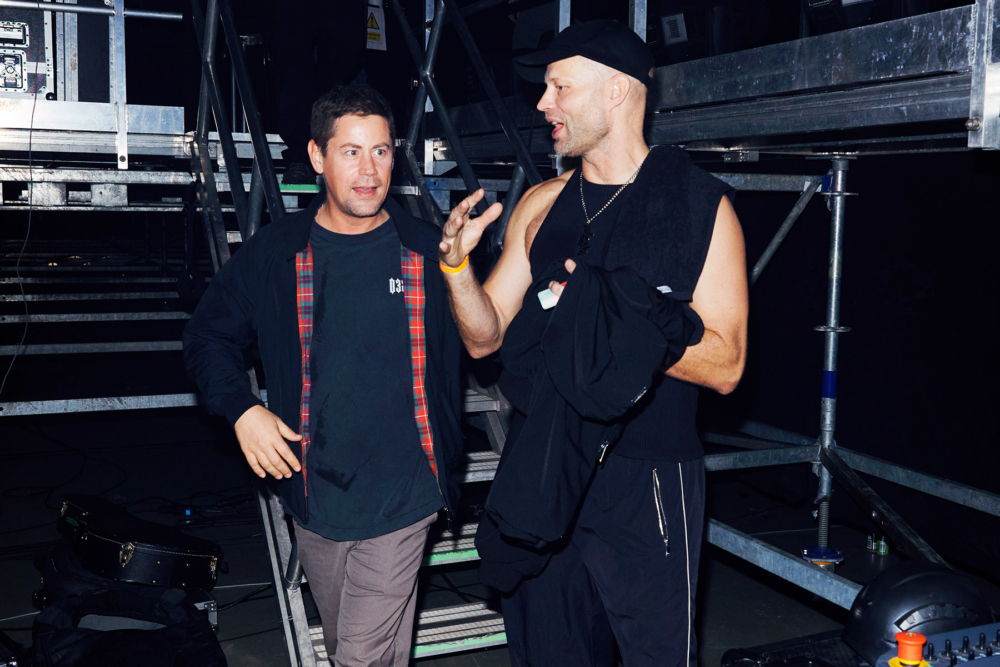
EG: What are some of your most important success stories since? How has your management helped them achieve a global impact?
Carsten Levi: WhoMadeWho is definitely a standout. Helping them evolve into a true global phenomenon has been a highlight. Their Cercle performance in front of the Abu Simbel Temple in Egypt wasn’t just visually iconic — it reached millions of viewers and helped reposition them globally. From there, we expanded their footprint across continents, building a show that fuses live instrumentation with club culture in a way that’s both experimental and accessible. In 2023, they won the Ibiza DJ Award for Organic House and Beatport’s Best Live Performer — awards that reflect not just artistic excellence, but also their cultural relevance.
With Echonomist, we’ve taken a slightly different path — focusing on his strengths as both a producer and DJ. He’s now a key figure in the Melodic House & Techno and Indie Dance circuits, with releases on labels like Innervisions, Exit Strategy, and Afterlife. Notre Dame, meanwhile, is someone we’re nurturing for long-term impact. His sound is cinematic, emotional, and built for immersive experiences. Together, we just launched his new label Paranormal Society, and the reception from tastemakers and industry so far has been extremely encouraging.
As a manager, my role is to create the conditions for these kinds of breakthroughs — sometimes by opening doors, sometimes by knowing which ones not to walk through, or at a later point.
“We’re not just looking to amplify what’s trending — we’re focused on helping artists build careers that are creatively fulfilling and globally relevant over the long haul”
EG: And how do you identify rising stars? What’s your approach here? Equally important, what’s your relationship with trends and how do you help artists navigate them?
Carsten Levi: Choosing an artist to work with is probably part gut instinct, part long-term pattern recognition. We look for originality, emotional resonance, personality, and a certain sense of timelessness — the kind of quality that makes you lean in, even if you can’t quite define why. It’s less about what’s trending today and more about who might still be relevant ten years from now.
That said, you can’t ignore trends. But you can choose how to respond to them. The artists we work with don’t chase every wave — they engage with the current climate selectively, on their own terms. Our job as management is to help filter the noise and provide context. Which opportunities are strategic? Which trends align with their identity? Sometimes, knowing when not to jump in is the smartest move of all.
EG: Of course, having a sense of ‘brand’ is paramount to success these days as a differential. So, how do you work with your artists to craft a unique image? How important is it for a music artist to connect with the right creative team?
Carsten Levi: In today’s electronic music landscape, artists are often just as front-facing as those in pop or rock, especially with so much of their identity expressed through visual platforms and live experiences. The creative world around an artist — from imagery to staging to storytelling — is an extension of the music and plays a crucial role in how audiences connect with their work. It’s often the first impression, even before a single note is heard.
We’re in constant sparring with our artists when it comes to assembling the right creative teams for them — whether that means stage designers, creative directors, content producers, or fashion collaborators. For WhoMadeWho, their creative output — from stage design to social media to press visuals — reflects the elegance and curiosity embedded in their music. For Notre Dame, we’re building a more cinematic and stylized visual world that draws heavily from his deep interest in Japanese anime aesthetics, blending that with his atmospheric, immersive sound to create something instantly recognizable.
A strong brand isn’t about inventing a persona — it’s about uncovering and amplifying the artist’s authentic identity and their vision in a way that resonates across platforms and experiences.
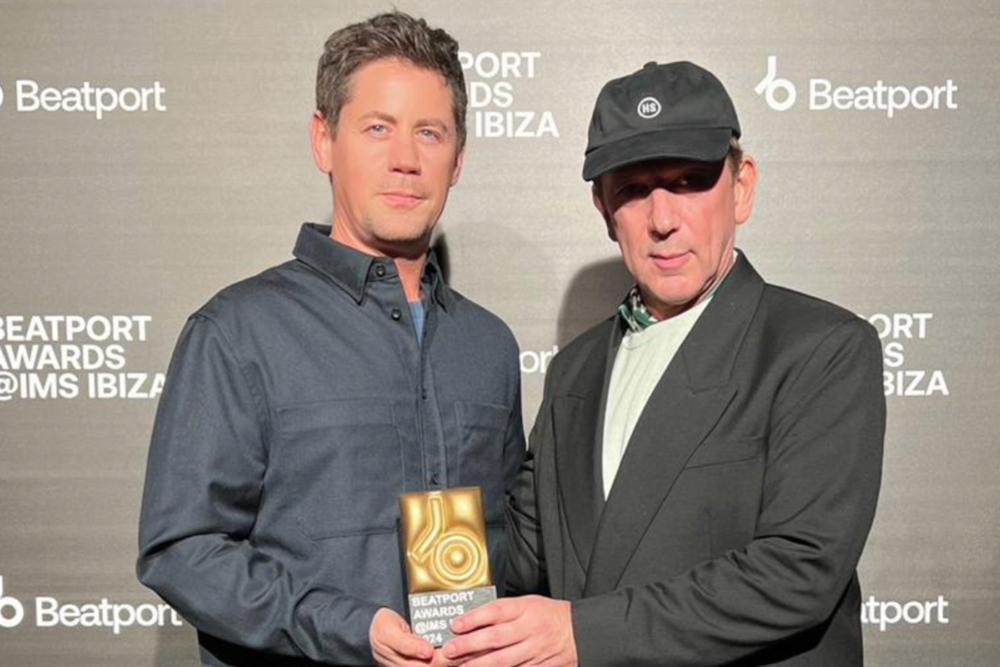
EG: On to the state of the scene… What do you see as the biggest challenge for the music industry in the next few years, and how do you think artists can adapt?
Carsten Levi: The biggest challenge… probably saturation. There’s never been more music, more artists, more content — and less attention to go around. Streaming algorithms, TikTok trends, and AI-generated everything are constantly shifting the goalposts. Cutting through all that noise will become even harder.
Artists need to think beyond short-term gains. Those who build community, offer a meaningful narrative, and develop multi-dimensional careers — live, digital, visual, even entrepreneurial — will thrive. The industry will reward those who build ecosystems, not just release and touring schedules.
Every artist has different needs and varying levels of ambition, but as management, our role is often to help them zoom out, maintain focus, and take a long-term view of their career.
“A strong brand isn’t about inventing a persona — it’s about uncovering and amplifying the artist’s authentic identity and their vision in a way that resonates across platforms and experiences”
EG: And what’s your vision for the future of artist management? How do you see the role evolving? What tools do you think will be indispensable to best adapt?
Carsten Levi: I think the role of artist management is becoming more multifaceted. It’s no longer just about being organized and well-connected — those things still matter, of course, but they’re the baseline. Increasingly, managers need to be strategically minded, creatively aware, and able to navigate both the business and cultural sides of the industry.
Technology will continue to play a key role — from data analytics and content planning to communication tools and emerging applications of A.I., which can help with everything from market insights to creative ideation. These tools are becoming more powerful, but they’re only as valuable as the intention behind their use. At the end of the day, they should serve the artist, not the other way around.
For me, it still comes down to trust, taste, and perspective. Helping artists make sense of complexity, stay focused on what matters, and build something meaningful — that’s the core of it, and I don’t see that changing anytime soon.
EG: Thank you so much for your time, Carsten! We wish you all the best for the future. Take care!
Carsten Levi: Thank you — I really appreciate the thoughtful questions.
Follow Effect Management: Website


